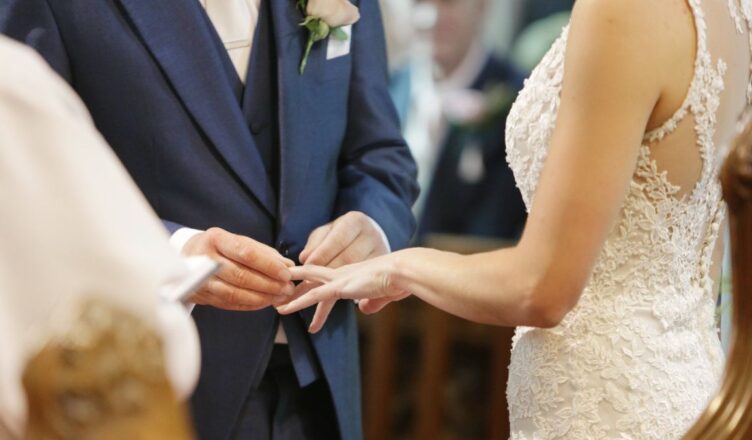In the realm of psychology, there exists an intriguing phenomenon: human stereotypes often survive for centuries, lingering beyond the eras in which they originated and were relevant. A typical example of such a persistent myth is the belief that “arranged marriages” are stronger and that people in them are happier than those in “love marriages.”
Historically, including in our own country, there were prolonged periods when selling oneself into marital servitude was the only available social elevator for young people and their families. For some, it was a necessary means of survival. In such social contexts, exchanging hungry misery for a full, warm but still unhappy existence—especially when cemented by religious-patriarchal culture—was often seen as the best and most rational choice, one that would not lead to regret in old age. However, when people ignore the contemporary context and attempt to act according to medieval rules, genuine life dramas unfold. In more or less civilized secular countries, there are virtually no rational reasons to seriously consider arranged marriages (unique personal circumstances are an exception, as they are not significant for the broader picture).
Firstly, the economic situation no longer compels anyone to take desperate steps: practically any able-bodied person can secure some form of shelter and a minimum income.
Secondly, except in rare cases, such marriages do not provide any social guarantees for which one would endure years next to an unloved partner. Divorce is relatively straightforward, and obtaining a financial settlement that justifies the betrayal of oneself is achievable for very few.
Thirdly, in an era of triumphant feminism and relatively equal opportunities, individuals can easily find partners within their social circles and status. Asymmetrical relationships, where one partner automatically falls down several rungs of the social ladder in the event of a breakup, increasingly become the domain of immature or psychologically unhealthy individuals on both sides. In psychology, such a model of relationship, based on exploitation—be it as a sexual object or a source of enrichment—is referred to as the “I-It” model, which speaks volumes in itself.
Upon closer examination, it becomes evident that so-called “arranged marriages” are no longer a strategically sound way to wholesale solve life’s problems; rather, they represent a dubious experiment with an unpredictable outcome—much like trying to secure a position selling matryoshka dolls at the Kremlin with the hope of eventually becoming the President of Russia.
However, it is only fair to acknowledge that the “calculating” approach to marriage has one undeniable advantage. Often, it protects individuals from rushing into marriage, succumbing to intense neurotic infatuations and emotional dependencies that people commonly mistake for love. If a person successfully navigates these “dangerous” stages without falling into numerous typical traps, they are likely to enter marriage with the capacity for calm, mature love and realistic life planning.
At this level of development—when youthful hormones are no longer at play and naïve fantasies about a free life are not clouding judgment—the difference between a “love marriage” and an “arranged marriage” gradually fades. What emerges in their place is a singular realistic option: a marriage born from an unambiguous and irresistible call of the soul, which constitutes a happy marriage.
